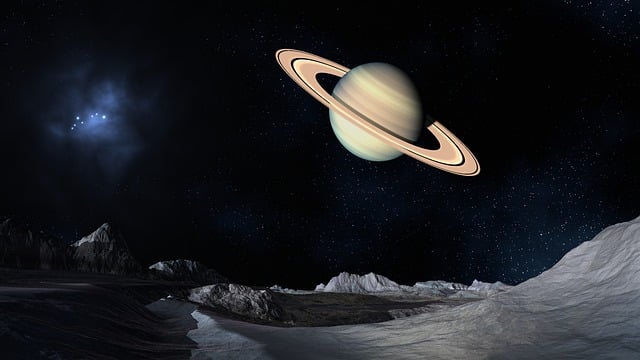News release
From:
Astronomy: Phosphates detected on Saturn’s moon Enceladus (N&V)
The detection of phosphates on Saturn’s moon Enceladus is reported in a paper in Nature. Phosphorus has not previously been detected in oceans beyond those on Earth and this discovery provides a promising step forward in our understanding of ocean worlds.
Enceladus is covered by a global ocean underneath an ice crust. Analysis of ice grains ejected from the moon's subsurface ocean have been analysed here to offer new insights into the elemental composition of this subsurface ocean. Previous models have tentatively suggested the presence of the bio-essential element phosphorus but have been divided on the question of whether Enceladus’ ocean contains substantial quantities of phosphates.
Frank Postberg and colleagues analyse data collected from the Cassini mission’s Cosmic Dust Analyzero determine the major constituents of Enceladus’s oceans. These measurements not only detected phosphorus (in the form of orthophosphate ions) but together with laboratory data suggest that phosphorus might be available at concentrations at least 100 times higher than in Earth’s oceans. Furthermore, modelling based on these results suggests that high phosphate levels could be observed more widely in other icy ocean worlds with similar environmental parameters.
The detection of phosphorus improves our previous understanding of icy ocean worlds and sheds new light on the familiar elements that make up their environments.



 International
International


